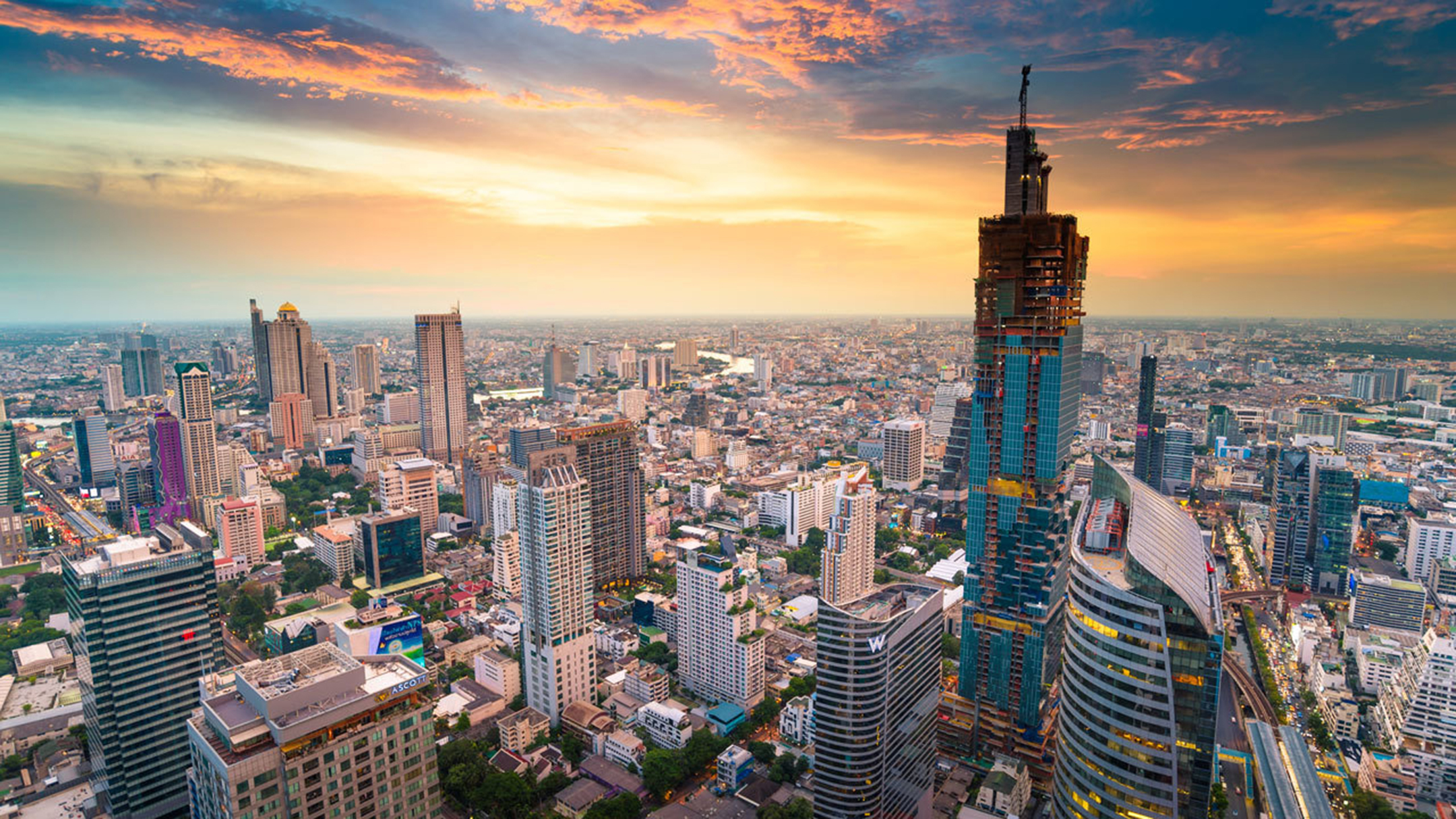COVID-19 – Brakes on Investment Activity
Asia Pacific commercial real estate investment volume fell to US$22.6 billion in Q1 2020, representing a decline of 23% y-o-y* and marking the lowest quarterly total in almost three years, according to the latest data from CBRE.
Turnover in the office (US$14 billion, up 2.5% y-o-y) and industrial (US$3.6 billion, down 4% y-o-y) sectors was firm but a sharp decline in retail deals (US$2.5 billion, down 45.8% y-o-y) combined with a fall in hotel investment (US$2.2 billion, down 14.3% y-o-y) pulled down overall transaction volume.
With the COVID-19 outbreak erupting in late January and continuing to impact economic activity in key markets across the region, the decline in transaction volume was widely expected as investors moved into wait-and-see mode, delayed investment decisions and site inspections, and other phases of the deal process were disrupted.
Transaction volume in Mainland China fell 32% y-o-y to US$7.3 billion as investment activity weakened substantially from late-January following the imposition of a nationwide lockdown. While several large deals were completed earlier in the year, these had all been under negotiation since the second half of 2019.
In Hong Kong SAR, transaction volume reached just US$963 million, a decline of 72% y-o-y and the second lowest quarterly total since Q2 2009. Fewer than 20 deals were completed during the quarter, all by local capital.
Other downbeat markets included Singapore, where investment volume fell 30% y-o-y to US$975 million, a figure that is expected to decline further in the coming quarters amid local stock market volatility and the implementation of a lockdown for the duration of April.
Australia saw transaction volume fall by 50% y-o-y to US$1.6 billion as investor sentiment weakened substantially over the quarter due to the escalating pandemic.
Bright spots included Korea, where several deals concluded by local investors in January – together with the government’s success in containing the outbreak – underpinned transaction volume of US$2.4 billion, representing a decline of just 13% y-o-y from what was an already high base.
Activity in Japan also remained strong, with transaction volume rising 30% y-o-y to US$8.5 billion. However, as most deals were signed relatively early in the quarter and the pandemic has escalated significantly in recent weeks, this level of activity is unlikely to be sustained in the coming months.
Although Q1 2020 witnessed the completion of several major deals that had been under negotiation since late-2019 – which lent considerable support to total regional investment volume – this quarter’s figures do not accurately reflect the sharp decline in investor sentiment and purchasing activity witnessed since February.
With many markets still subject to lockdowns and travel restrictions – measures that are weighing especially heavily on cross-border capital flows – CBRE expects Q2 2020 data to serve as a far more accurate gauge of post-outbreak real estate investment activity.
Domestic investors will continue to dominate in the coming months as cross-border investors are unable to travel or perform site inspections. However, purchasing activity will be limited, with the large gap in pricing expectations between buyers and sellers set to lengthen the deal process even further. While some buyers are already seeking distressed opportunities, these have yet to become available.
While the short-term outlook is weak, and investor sentiment is expected to remain fragile in the coming months, CBRE expects a quick rebound in activity once the pandemic is contained and travel restrictions are lifted. Investors retain a healthy appetite for Asia Pacific real estate, underpinned by its attractive and steady long-term risk adjusted returns compared to equities and bonds.

